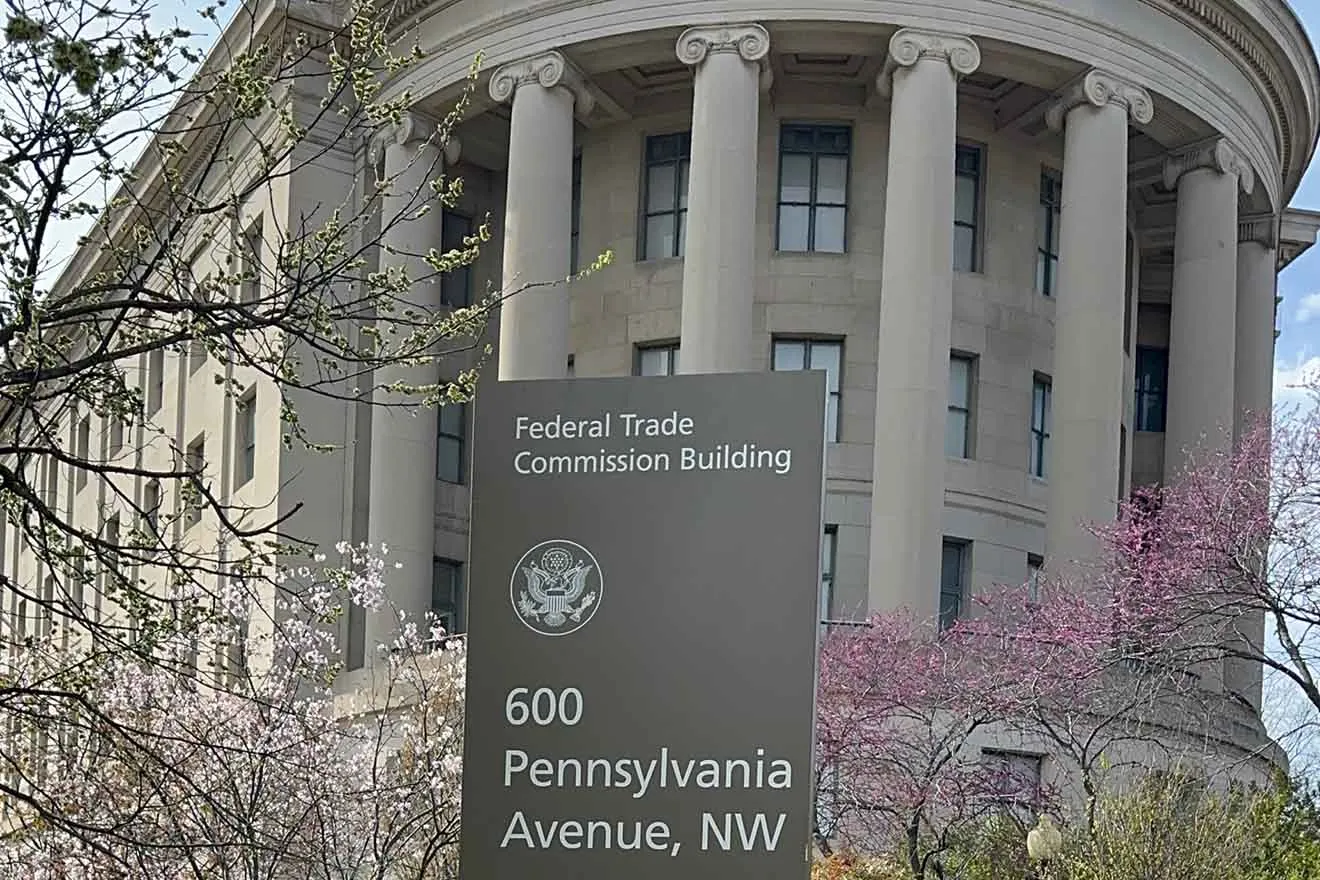
North Dakota voters push congressional candidate age limit debate into forefront
Click play to listen to this article.
(Prairie News Service) The age of both presidential front-runners has drawn extra attention in this year's race and meanwhile, North Dakota voters this week embraced setting age limits for congressional representatives for the state leaving an expert with some doubts.
In this week's primary election, 61 percent of voters backed a state constitutional amendment which states no one from North Dakota, elected to the U.S. House or Senate, can be 81 or older toward the end of their term.

Elizabeth Kensinger, professor of psychology at Boston College, said concerns about older people holding office is not a simple debate. She emphasized outside of dementia, the science does not support the idea an older age threshold needs to be set.
"In fact, the science might suggest that there are some things that an 80-year-old might be doing better than a 60-year-old or a 40-year-old," Kensinger stressed.
She explained it includes being able to look at the big picture on major issues and regulating emotions more effectively. Kensinger argued mental gaffes, such as forgetting a name, should be balanced with the wisdom older candidates bring.
Backers of the measure said balance is important but their plan is a common-sense approach in response to public polling favoring such requirements.
Organizers also noted their effort was not targeting anyone specific. With age concerns also prominent among some U.S. Senate members, Kensinger acknowledged screening for things such as dementia is not a bad idea but overall, voters are in a good position to decide if someone is too old to be elected.
"There's a lot that happens on the campaign trail that allows the voting public to be able to get a window, at least, into someone's mental capacity," Kensinger contended.
Those behind the measure acknowledged there will likely be court challenges but they hope other states are inspired to take similar action. Legal experts point to a past U.S. Supreme Court decision rejecting the idea of states setting stricter qualifications for federal office.
Support for this reporting was provided by The Carnegie Corporation of New York.

















